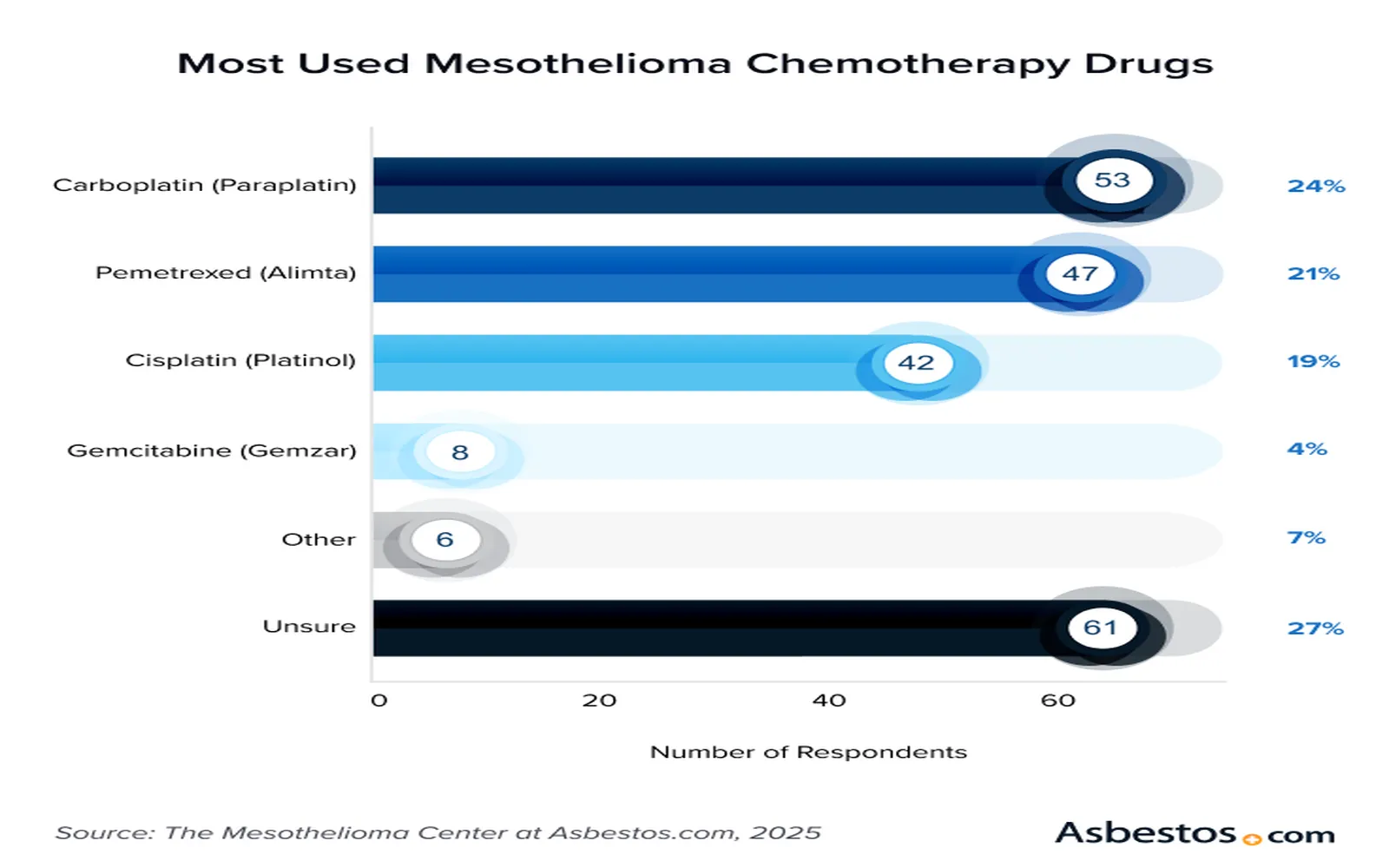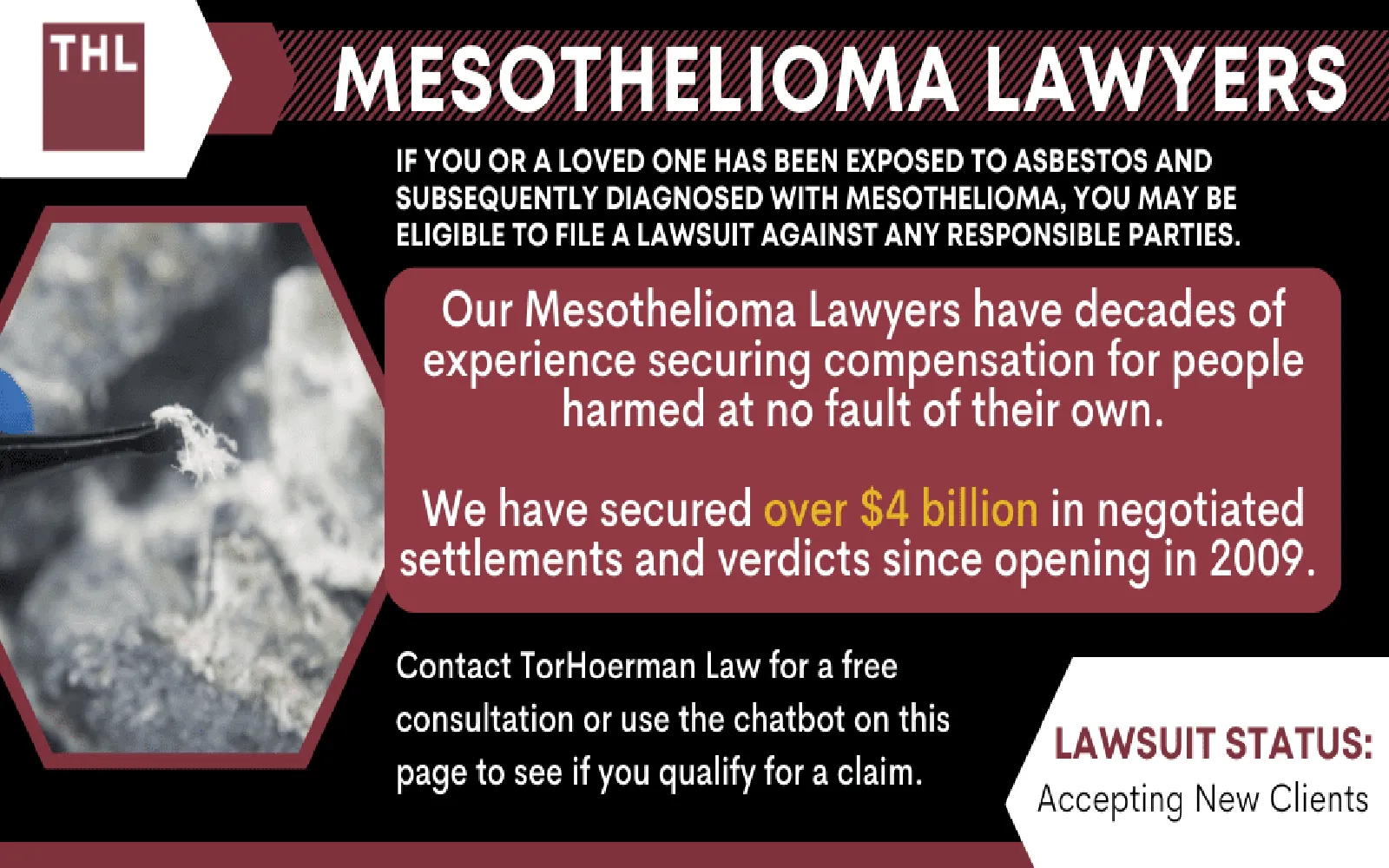Mesothelioma is a rare and aggressive cancer primarily caused by asbestos exposure. It can affect the lining of the lungs, abdomen, or heart, leading to various symptoms and requiring comprehensive care. Understanding your options for mesothelioma care is crucial for patients and their families in the United States. This article will outline the various treatments and support options available for individuals diagnosed with this challenging condition.
Types of Mesothelioma Care
The primary approaches to mesothelioma treatment can be divided into three categories: surgery, chemotherapy, and radiation therapy. Each of these treatments can be used alone or in combination, depending on the stage of the disease and the patient's overall health.
Surgery
Surgery is often considered when the cancer is localized and has not spread extensively. The main surgical options include:
- Pleurectomy/Decortication (P/D): This procedure involves the removal of the pleura, the lining of the lungs, and any visible tumors. It is typically reserved for patients with early-stage pleural mesothelioma.
- Extrapleural Pneumonectomy (EPP): This more extensive surgery involves the removal of an entire lung, the pleura, diaphragm, and potentially nearby lymph nodes. It is suited for select patients and carries significant risks.
- Abdominal Surgery: For peritoneal mesothelioma, surgical options may include tumor debulking or peritonectomy, aimed at removing visible tumors from the abdominal cavity.
Chemotherapy
Chemotherapy is a systemic treatment that uses drugs to kill cancer cells. It is often recommended for patients with advanced mesothelioma or those who are not surgical candidates. Common chemotherapy regimens include:
- Pemetrexed and Cisplatin: This combination is one of the standard treatments for pleural mesothelioma and has shown improved survival rates.
- Nivolumab: An immunotherapy drug that may be used in combination with chemotherapy for some patients, offering a new avenue for treatment.
Clinical trials may also provide access to new chemotherapy drugs and combinations, making it important for patients to discuss these options with their healthcare team.
Radiation Therapy
Radiation therapy can be used to target remaining cancer cells after surgery or to relieve symptoms. There are two primary types:
- External Beam Radiation Therapy (EBRT): This non-invasive treatment directs high-energy rays at the tumor, minimizing damage to surrounding healthy tissue.
- Radiofrequency Ablation (RFA): A minimally invasive technique that uses heat generated from radio waves to destroy cancer cells.
Supportive Care and Palliative Care
In addition to traditional treatments, supportive care is essential for improving quality of life. This includes:
- Pain Management: Effective pain control is critical for mesothelioma patients, and various medications and therapies can help.
- Nutritional Support: Maintaining a healthy diet can be challenging during treatment, making nutritional counseling important.
- Palliative Care: This specialized medical care focuses on providing relief from symptoms and stress. Palliative care can be combined with curative treatments or provided alone.
Chart: Overview of Mesothelioma Care Options
| Treatment Type | Description | Best Suited For |
|---|---|---|
| Surgery | Removal of tumors and affected tissues. | Early-stage patients with localized disease. |
| Chemotherapy | Systemic treatment using drugs. | Advanced-stage patients or those not eligible for surgery. |
| Radiation Therapy | Targeted radiation to kill cancer cells. | Post-surgery patients or for symptom relief. |
| Supportive Care | Focus on symptom management and quality of life. | All patients, regardless of stage or treatment option. |
Choosing the Right Care Team
Finding the right medical team is one of the most important steps in mesothelioma care. Look for specialists experienced in treating asbestos-related cancers, including:
- Oncologists: Cancer specialists who can guide you through treatment options.
- Thoracic Surgeons: Surgeons specializing in lung and chest surgeries.
- Palliative Care Specialists: Experts in managing symptoms and improving quality of life.
Conclusion
When facing a mesothelioma diagnosis, it is essential to explore all available options for mesothelioma care. Engage with your healthcare providers, consider clinical trials, and make informed decisions that align with your health goals and preferences. The journey may be challenging, but with the right support and treatment, patients can navigate their path toward better health and improved quality of life.









